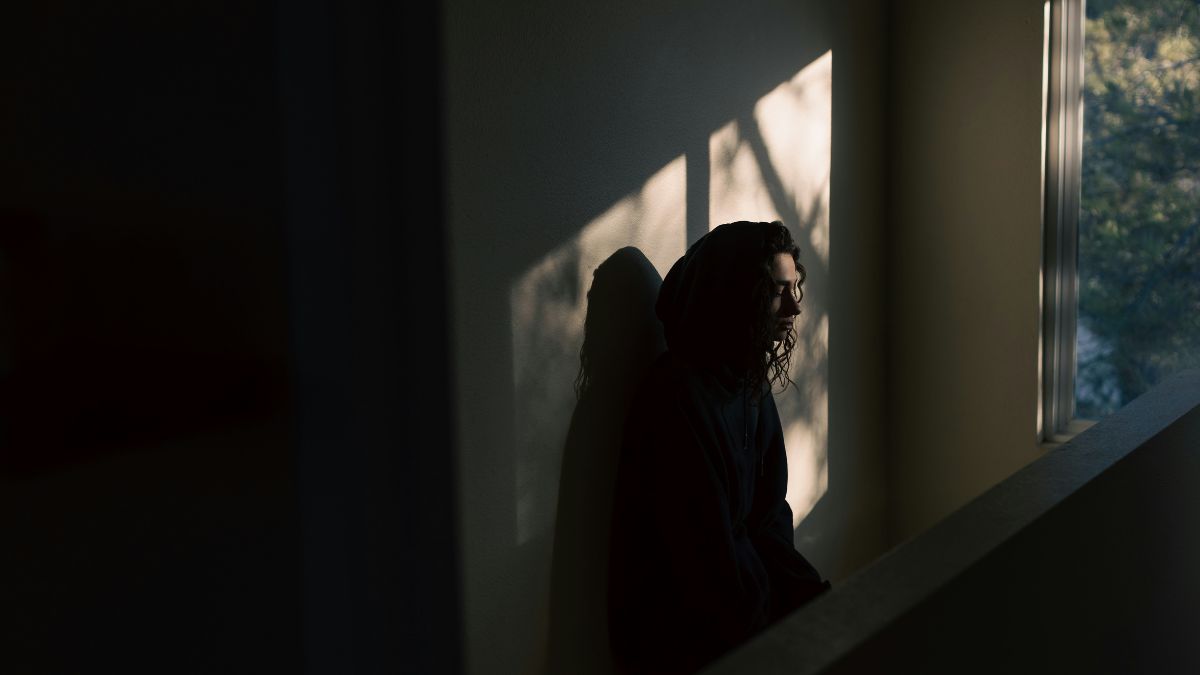

BreakPoint
‘I’m Scared . . . and I Vote!’
During the next election, politicians will be courting a big new constituency whose bumper stickers might well read: "I'm scared . . . and I vote!" Politicians are calling this frightened electorate "security moms." They're the voters who, up until recently, were called "soccer moms" -- mothers who worried about abortion rights and good schools, social security and civil liberties. But times have changed, and people have sobered up. On abortion, for example, 68 percent of soccer moms in an astonishing poll now favor banning, or greatly restricting, abortion. Today, there's only one big thing these moms really care about: the safety of their kids. A recent Time magazine cover story says that the security mom is not just worried; she wants answers. Time quoted California mother Debbie Creighton, who would normally choose candidates who strongly support welfare and abortion rights. "Since September 11," she said, "all I want in a president is a person who is strong." Terri Brill, a Denver mom, adds, "Personally, I think we need to close our borders." Andrew Kohut of the Pew Research Center notes that "all the polls showed women feeling much more personally vulnerable, much more personally threatened" after September 11. This real life "fear factor" has already influenced one election, according to presidential advisor Karl Rove. It was a shift in voting among mothers of young children that enabled Republicans to make unprecedented gains in last year's off-year election. The obvious answer to what's driving security moms is that they're frightened by the possibility of more terrorist attacks. But also, September 11 sobered us up to reality. First, the terrorist attacks reminded us that we live in a dangerous world. Through the affluent nineties, we believed, as one historian put it, that we were at the end of history -- that we had overcome historical and cultural forces that might threaten us. We'd won the Cold War, and most American no longer had to worry about things like enough food for the family, a roof over their heads, or safety. Unlike our parents and grandparents, we had time to worry about more abstract things -- like saving the rain forest, or making sure snail darters have good homes. In a real sense, we thought we had overcome the effects of the Fall. The events of September 11 proved just how wrong we were. The biblical account is still true. Another reason we're scared, of course, is because of television news. Twenty-four hours a day, what do the news channels lead with? Frightening stuff that happens -- or that might happen. Channels that give us "all news, all the time" are making us all scared, all the time. They're skewing our perceptions of reality. What's the answer? Naturally, we should hold our leaders accountable to protect us from terrorism. After all, that's government's first duty biblically. And some of us could do well to turn off the television once in a while. But most of all, remember Jesus' words: "Be not afraid." As we prepare to commemorate the second anniversary of September 11, we may find ourselves unable to shake feelings of fear. Well, okay. We live in a fallen world, and we shouldn't kid ourselves. But remember, Jesus is always with us. For further reading and information: Joe Klein, "How Soccer Moms Became Security Moms," Time, 17 February 2003. Karen Tumulty and Viveca Novak, "Goodbye, Soccer Mom. Hello, Security Mom," Time, 2 June 2003. (Note: posted on the Democratic Senatorial Campaign Committee website.) Mark Stricherz, "A Moral Majority," Weekly Standard, 4 August 2003. Karen S. Peterson, "Gen X moms have it their way," USA Today, 14 May 2003. John Fischer, "Dangerous for the Good," BreakPoint Online, 7 March 2002. Anne Morse, "That's Entertainment," BREAKPOINT ONLINE, 11 April 2003. The "9/11 Worldview Resource Kit" includes Is the Father of Jesus the God of Muhammad?: Understanding the Differences between Christianity and Islam by Wilberforce Forum Board of Reference member Dr. Timothy George and When Night Fell on a Different World: How Now Shall We Live? by Charles Colson, a booklet that helps Christians gain a biblical worldview understanding of the events of the day, as well as a "BreakPoint This Week" CD including two interviews with Charles Colson, who reflects on the impact and implications of the events of 9/11 on American society and the world. Parental involvement in education is essential to student success. To facilitate that involvement, the "Teacher-Reacher Packet" makes it easy for you to have a year-long outreach to your child(ren)'s teacher, who will appreciate your concern and support. C. John Sommerville, How the News Makes Us Dumb(InterVarsity, 1999).
08/25/03















